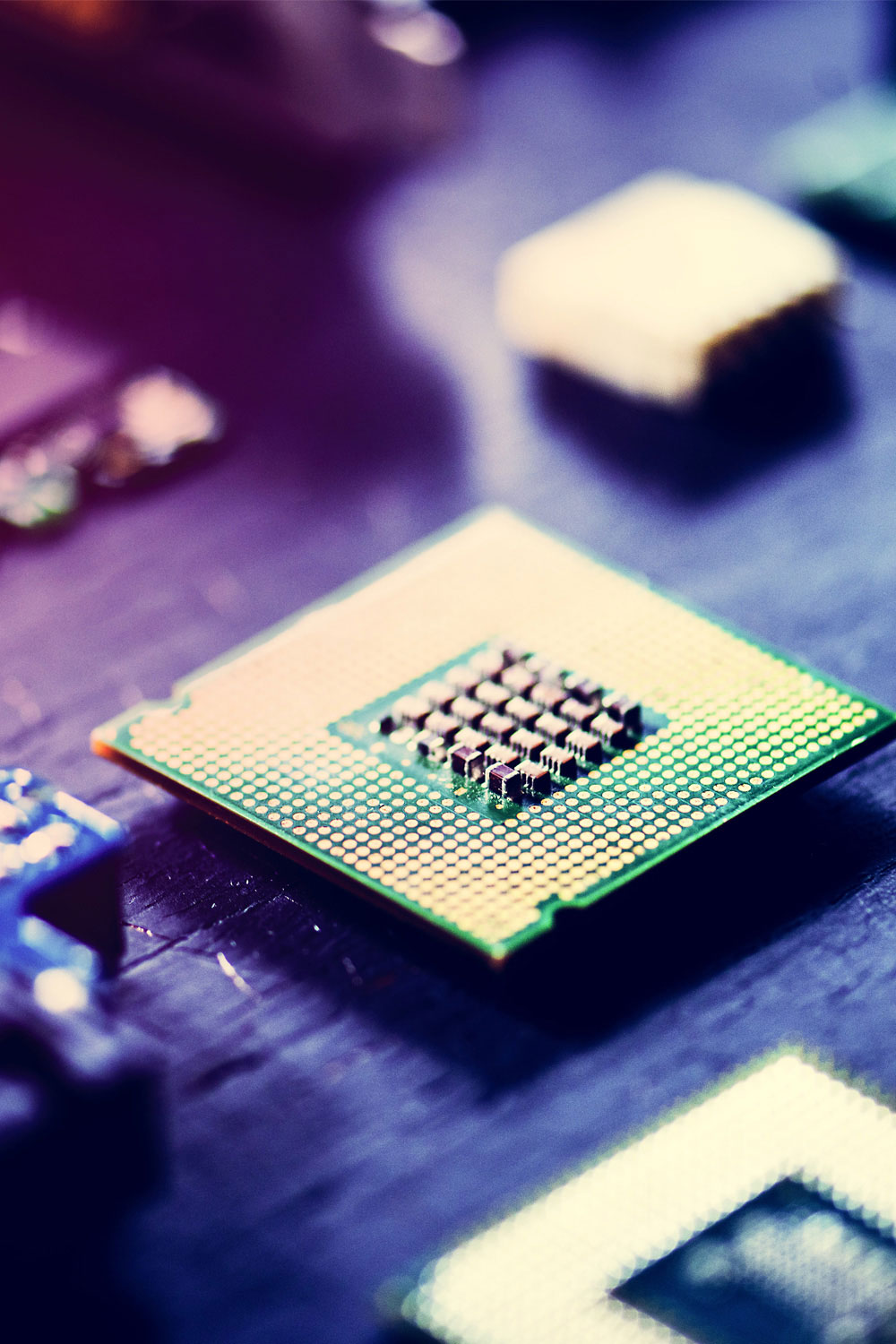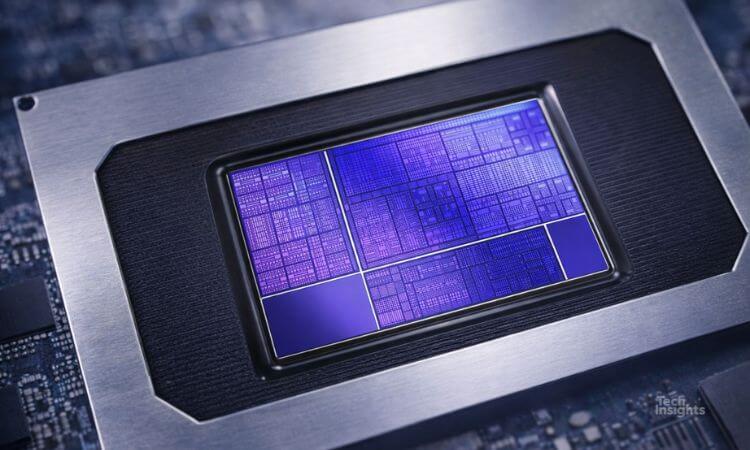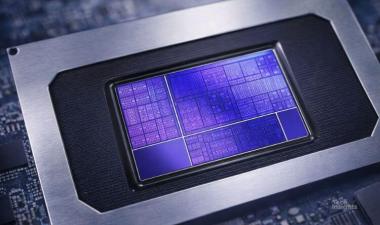NXP i.MX93 Adds AI to IoT Devices
December 7, 2021 - Author: Bob Wheeler
In a departure from its earlier product generations, NXP is aiming its new i.MX93 line squarely at systems with simple or no display requirements. Whereas integrated GPUs have been a traditional i.MX strength, the i.MX93 will add value by integrating other functions, including a deep-learning accelerator (DLA). Although NXP says the i.MX93 doesn’t replace prior generations, it will serve in some of the same industrial applications as Layerscape LS1 processors. Other target applications include smart home, smart city, and smart grid. TSMC will manufacture the i.MX93 in 16nm technology, but samples aren’t due until 3Q22, pushing production into 2023.
Like the i.MX8M Plus, the i.MX93 will integrate an application processor, MCU, 2D GPU, and DLA, but it omits a 3D GPU. It will have dual Arm Cortex-A55 CPUs, an Arm Cortex-M33 MCU, an Arm Ethos-U65 DLA, and a 16-bit LPDDR4X memory controller. The MCU has a secure enclave, branded EdgeLock, also found in i.MX8M processors. Because the MCU can boot first, the i.MX93 can operate as a real-time processor, waking the A55 CPU complex only when needed for application code or added performance. The new chip will offer a variety of I/Os including audio/video inputs, display outputs, Gigabit Ethernet, and CAN-FD interfaces.










